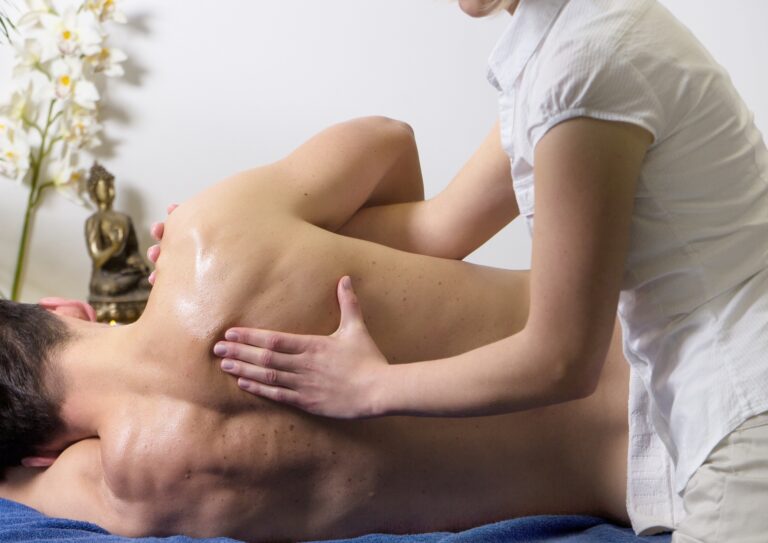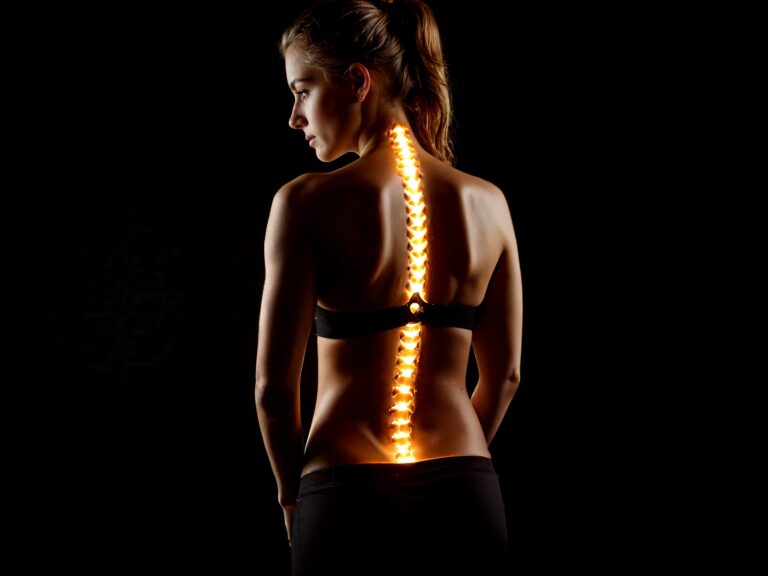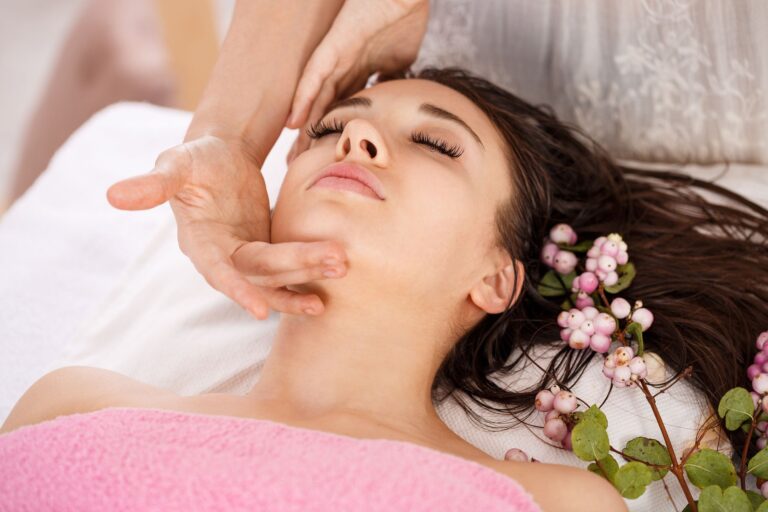How Massage Can Alleviate Stress and Anxiety: The Science Behind It
In today’s fast-paced world, stress and anxiety are increasingly common, affecting everything from our mental health to our physical well-being. While traditional methods like medication, therapy, and exercise are widely used for managing stress, massage therapy offers a powerful, non-pharmaceutical approach to easing both the mind and body. Here’s a look at how massage therapy scientifically reduces stress, lowers anxiety, and promotes a lasting sense of calm.
1. Decreases Stress Hormones
Stress triggers the release of cortisol, the body’s primary stress hormone, which increases heart rate, blood pressure, and blood sugar levels, preparing the body for a “fight or flight” response. While this is helpful in emergencies, prolonged exposure to cortisol can harm health, leading to issues like insomnia, anxiety, and even weakened immunity.
Massage therapy has been shown to significantly reduce cortisol levels. Research reveals that after a massage session, cortisol levels can drop by up to 30%, which helps the body transition from a heightened stress state to a more relaxed one. By keeping cortisol levels in check, massage therapy helps break the cycle of chronic stress, promoting a calmer, more balanced state.
2. Increases “Feel-Good” Chemicals
Massage doesn’t just decrease stress hormones; it also boosts the body’s production of serotonin and dopamine—two neurotransmitters that play essential roles in mood regulation. Serotonin is often called the “happiness hormone” because it helps improve mood, while dopamine is responsible for feelings of motivation and reward.
Studies show that massage can increase serotonin levels by as much as 28% and dopamine by 31%. This increase in feel-good chemicals not only lifts mood but also helps combat anxiety. Many people report feeling happier, more balanced, and less stressed after a massage, thanks to this natural mood boost.
3. Stimulates the Parasympathetic Nervous System
The human body has two primary nervous system branches: the sympathetic (responsible for the “fight or flight” response) and the parasympathetic (responsible for the “rest and digest” response). During times of stress, the sympathetic nervous system is overactive, keeping the body on high alert. Massage therapy helps to activate the parasympathetic nervous system, which slows the heart rate, reduces blood pressure, and helps the body to relax and restore.
When the parasympathetic system takes over, the body enters a state of rest, where healing and restoration can occur. This relaxation response is critical in reducing anxiety and promoting overall mental well-being. Regular massage helps train the body to enter this restful state more easily, making it an effective tool for managing ongoing stress.
4. Releases Endorphins: The Body’s Natural Painkillers
Endorphins are the body’s natural painkillers, released during activities that promote pleasure and relaxation. When you receive a massage, your body releases these endorphins, which not only help with pain relief but also contribute to an overall sense of well-being. This effect is why many people feel a “massage high” after their sessions, experiencing feelings of euphoria and lightness.
For people dealing with anxiety, the release of endorphins can make a significant difference. Endorphins act as a natural mood stabilizer, offering a safe and drug-free way to manage feelings of anxiety and tension.
5. Improves Sleep Quality
Anxiety and stress often disrupt sleep, creating a cycle of fatigue that can worsen mental health. Massage therapy has been found to improve both the quality and quantity of sleep by promoting deeper, more restful slumber. By reducing muscle tension and activating the parasympathetic nervous system, massage therapy helps the body relax and supports uninterrupted sleep.
Improved sleep has a cascading effect on stress and anxiety. Quality sleep enables the brain to process emotions, reduces irritability, and improves resilience to stressors, helping people feel more grounded and less anxious.
6. Reduces Muscle Tension Caused by Stress
One of the physical symptoms of anxiety and stress is muscle tension, often concentrated in the neck, shoulders, and back. Massage therapy targets these areas, loosening tight muscles, reducing spasms, and relieving pain associated with stress. When physical tension is released, the mind often follows, creating a calmer, more relaxed state.
Massage can also increase blood flow to tense muscles, providing essential nutrients that promote healing. This physical relaxation encourages mental relaxation, providing an immediate sense of relief from stress and anxiety.
7. Encourages Mindfulness and Body Awareness
Massage encourages mindfulness by grounding you in the present moment. During a massage session, you’re often guided to focus on your breathing, bodily sensations, and feelings of relaxation. This mindfulness practice can help you become more aware of your body’s response to stress, empowering you to identify stress-related triggers and manage them more effectively.
Many people find that regular massage helps them feel more connected to their bodies, making it easier to recognize when they’re experiencing stress and take action to alleviate it before it becomes overwhelming.
The Lasting Benefits of Massage for Stress and Anxiety
While a single massage session can provide immediate relief, regular massage therapy can be an integral part of a long-term stress management plan. The benefits are cumulative, meaning that with consistent sessions, you’re likely to experience an overall reduction in anxiety, improved mood stability, and a greater sense of calm and well-being.
If you’re dealing with high levels of stress or anxiety, incorporating massage into your wellness routine is a natural and effective way to find relief. Talk with a licensed massage therapist about your specific needs, whether it’s muscle tension, mood support, or sleep enhancement. By addressing both physical and mental aspects of stress, massage therapy offers a holistic and sustainable approach to improving mental health and building resilience.
Massage therapy isn’t just about relaxation; it’s a science-backed, powerful way to reduce stress, lift mood, and manage anxiety—without the need for medication.






